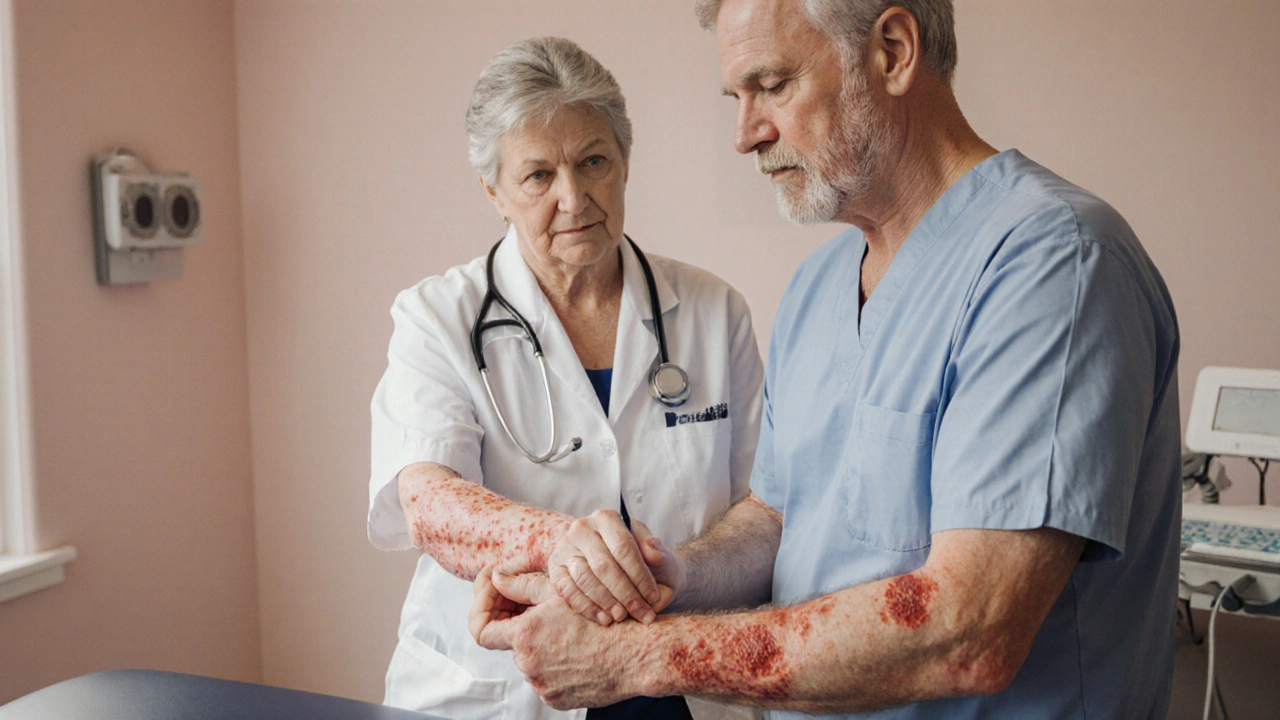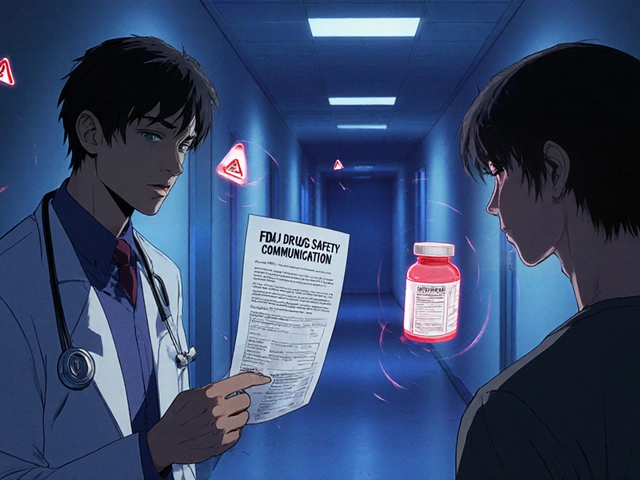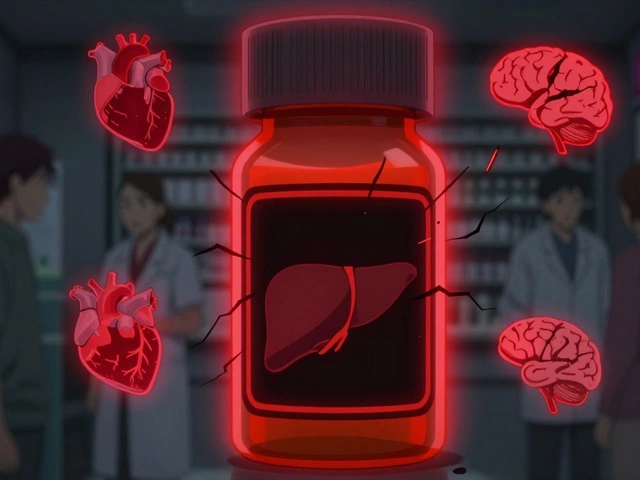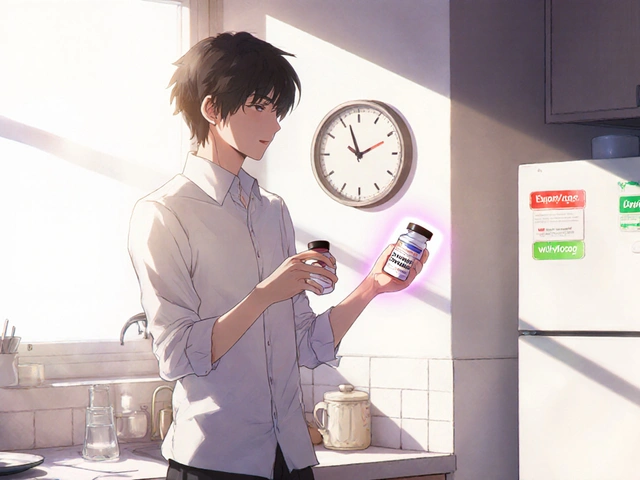Plaque Psoriasis: What It Is and How to Manage It
Plaque psoriasis is a chronic skin condition that shows up as red, scaly patches on the body. Most people notice it on elbows, knees, scalp, or lower back, but it can appear anywhere. The patches are caused by an overactive immune system that makes skin cells grow way too fast. When the cells pile up, they form the thick, silvery plaques that give the disease its name.
Typical signs include bright red areas covered with silvery scales, itching or burning sensations, and sometimes cracks that bleed. The plaques might be small or cover large patches of skin, and they often flare up after stress, injury, or a change in weather. While the condition isn’t contagious, it can affect self‑esteem and quality of life.
Why does it happen? Genetics play a big role—if a close family member has psoriasis, the odds are higher. Environmental triggers such as cold weather, smoking, heavy alcohol use, or certain medications can also set off a flare. Infections like strep throat are known to spark a sudden outbreak, especially in younger people.
Treatment options range from over‑the‑counter creams to prescription medicines. Topical steroids, vitamin D analogues, and coal‑tar preparations are often first‑line choices. For more stubborn cases, doctors may suggest phototherapy (exposing skin to controlled UV light) or systemic drugs like biologics that target the immune response. The right plan depends on how much skin is affected and how severe the symptoms are.
Common Triggers and How to Avoid Them
Identifying personal triggers can cut down flare‑ups dramatically. Keep a simple diary: note what you eat, stress levels, and any new skin products. If you spot a pattern—say, a flare after a weekend of heavy drinking—adjust that habit. Protect your skin from cold winds by dressing warmly and using a moisturizer that locks in water. quitting smoking and cutting back on alcohol are also proven ways to reduce inflammation.
Everyday Tips for Relief
Moisturizing is a game‑changer. Apply a thick, fragrance‑free cream right after a shower while the skin is still damp; this helps trap moisture and softens plaques. Short, lukewarm baths with colloidal oatmeal can calm itching without drying the skin. When you need to scratch, press a cool compress instead—scratching can damage the skin and worsen the condition.
Food matters, too. Diets rich in omega‑3 fatty acids (found in fish, flaxseeds, or walnuts) have anti‑inflammatory effects. Adding plenty of fruits and vegetables gives your body antioxidants that support skin health. Some people find that cutting back on processed foods, sugar, and red meat reduces the frequency of flare‑ups, though results vary.
If a plaque cracks or starts to bleed, keep it clean with mild soap and a sterile bandage to prevent infection. Don’t pick at scales; it can spread the inflammation and cause scarring. Over‑the‑counter anti‑itch creams containing menthol or calamine can offer quick relief while you’re waiting for a prescription to kick in.
Know when to call a doctor: sudden widespread redness, fever, joint pain, or if topical treatments stop working after a few weeks. A dermatologist can adjust your regimen, prescribe stronger medication, or recommend light therapy. Early intervention often leads to better control and fewer long‑term complications.
Discover why routine skin exams are vital for plaque psoriasis patients, how often to schedule them, warning signs to watch, and tips for making the most of each dermatologist visit.
Recent-posts
Categories
Tags
- online pharmacy
- side effects
- drug interactions
- generic drugs
- online pharmacy UK
- drug safety
- opioid side effects
- pill organizer
- Tadalafil
- arthritis medication
- buy medication online
- prescription medication
- quit smoking
- motion sickness
- Sildenafil
- Vardenafil
- ED medication alternatives
- biologics
- medication safety
- generic medication prices






